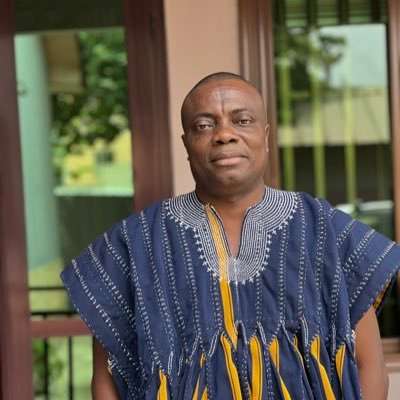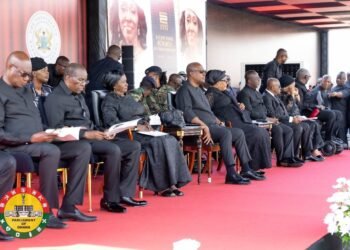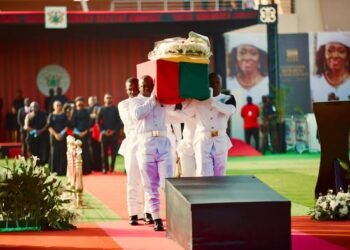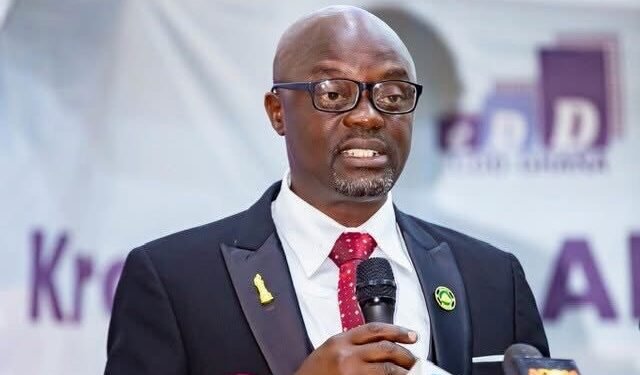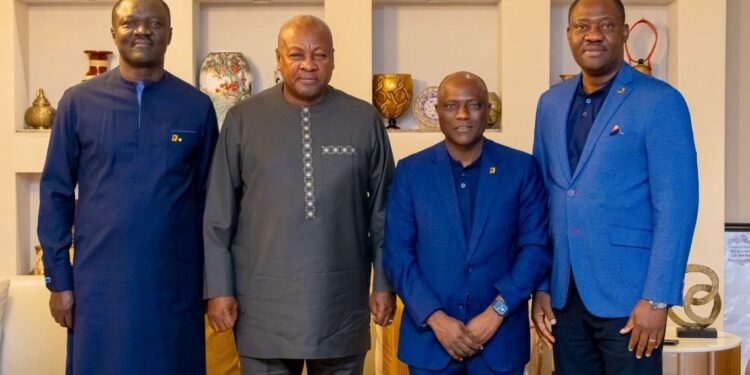The heated political climate in Ghana has brought polling and predictions to the forefront of public debate, with pollster Mussa Dankwah of Global InfoAnalytics facing consistent attacks from the New Patriotic Party (NPP).
His accurate forecasts, especially during recent elections, have not only sparked controversy but also underscored the vital role polling plays in shaping the nation’s democratic process.
Franklin Cudjoe, President of IMANI Africa, has stepped forward to defend Dankwah, urging political actors and the public to appreciate the scientific and democratic value of polls rather than dismissing them.
Cudjoe emphasized that in modern Ghanaian politics, credibility and strategy must go hand in hand with evidence-based analysis.
He explained that the current political landscape demands more than just party loyalty or rhetoric.
“In today’s Ghana politics, if you want to survive, you need a credible candidate, you need a sensible candidate, you need a candidate that promises reality-based solutions to our problems, and then you need a Mussa Dankwah.”
Mussa Dankwah
Cudjoe, who is no stranger to public criticism himself, expressed admiration for Dankwah’s persistence despite being insulted and labeled by opponents.
He highlighted that polls reflect the diverse opinions of citizens, and while some may disagree with the findings, resorting to dismissive attacks does nothing to strengthen political discourse.
“If you don’t like it, you say, look, listen, we disagree with you. To call him all kinds of names and then say he’s an appendage of a political party, it’s the least sensible thing any executive of a political party could do.”
Mussa Dankwah
Franklin Cudjoe further emphasized that polling combines both scientific precision and artistic interpretation.
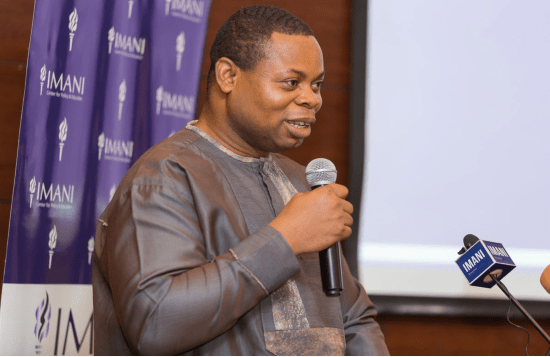
While no pollster can ever guarantee perfect accuracy, he noted that Mussa Dankwah’s track record has been largely dependable and consistent over time, demonstrating his credibility in analyzing voter behavior and electoral trends.
Despite admitting that Dankwah’s constant updates can sometimes be overwhelming, Cudjoe urged political stakeholders to view the data with introspection rather than hostility.
“Whether he brings polls weekly or monthly, look at the poll, do your own introspection, and move away,” he advised, adding that data-driven strategies are essential for improving governance and party performance.
Cudjoe also pointed out that while many in the NPP attribute low voter turnout in recent elections to apathy, this narrative oversimplifies a complex issue.
According to him, voter behavior during the last election cycle was also a clear verdict on the NPP’s eight-year tenure.
NPP Urged To Rethink Its Strategy Amid Mussa Dankwah’s Predictions
Franklin Cudjoe cautioned the NPP against clinging to narratives that fail to address the underlying reasons for its losses.
Using the Akwatia by-election as an example, the IMANI president urged the party to return to the drawing board and craft a more effective strategy.
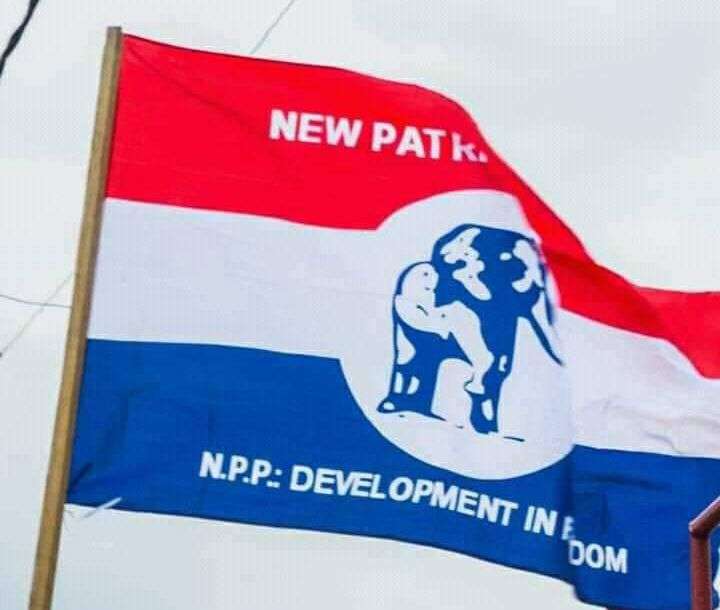
“In war, if your men retreat, they retreat because they are going to be defeated or because they fear that it’s better to run away today and then plan an execution much later.”
Mussa Dankwah
Cudjoe acknowledged Dankwah’s position that there is no conclusive scientific evidence to claim that voter turnout was low simply because people were uninterested in voting.
He argued that the issue goes deeper, involving voter dissatisfaction and perceptions of governance.
As the NPP prepares for its upcoming flagbearer race in January 2026, Cudjoe warned that without a significant shift in strategy, the party risks further alienating the electorate.
At present, he noted, the ruling National Democratic Congress (NDC) appears to maintain a stronger connection with the public.
Cudjoe’s defense of Dankwah underscores the critical role of polling in democratic governance.
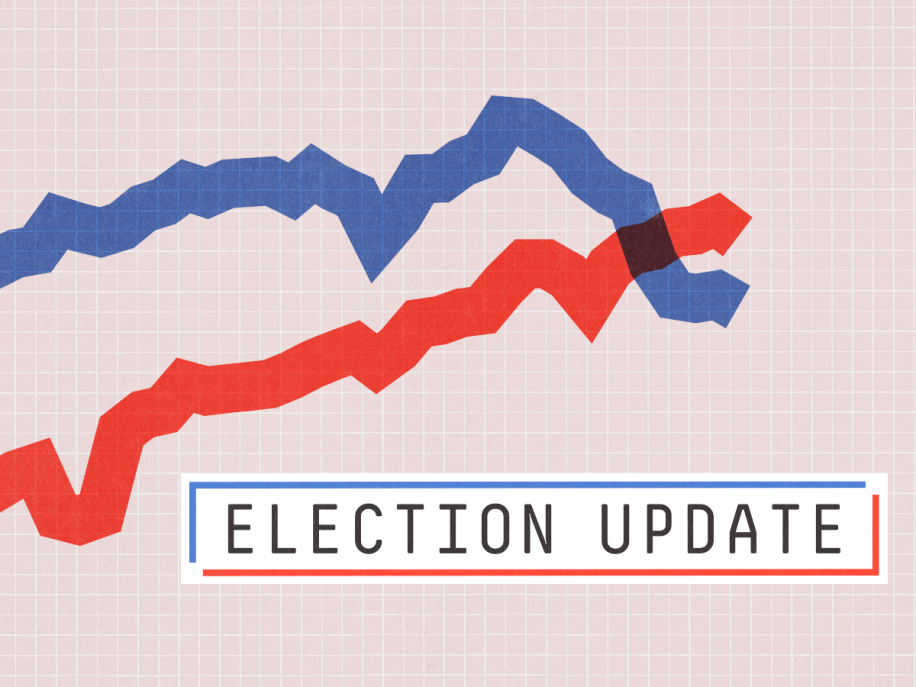
By providing data-driven insights into voter behavior, polls serve as a guide for political parties, helping them understand public concerns and shape responsive policies.
However, he warned that undermining polling institutions or attacking pollsters could weaken Ghana’s democratic fabric.
Respect for polling, he stressed, is not about blind acceptance but about fostering dialogue and using data constructively.
As political tensions rise ahead of the next general elections, Dankwah’s work remains both influential and controversial.
For Cudjoe, the path forward lies in embracing facts, respecting diverse views, and prioritizing national interest over partisan attacks.
READ ALSO: Tinubu Shrugs Off Trump’s Trade Tariffs

